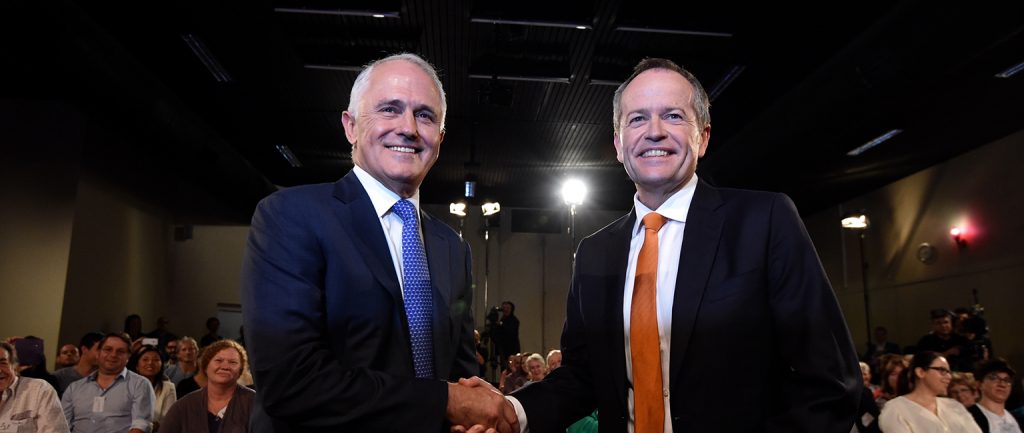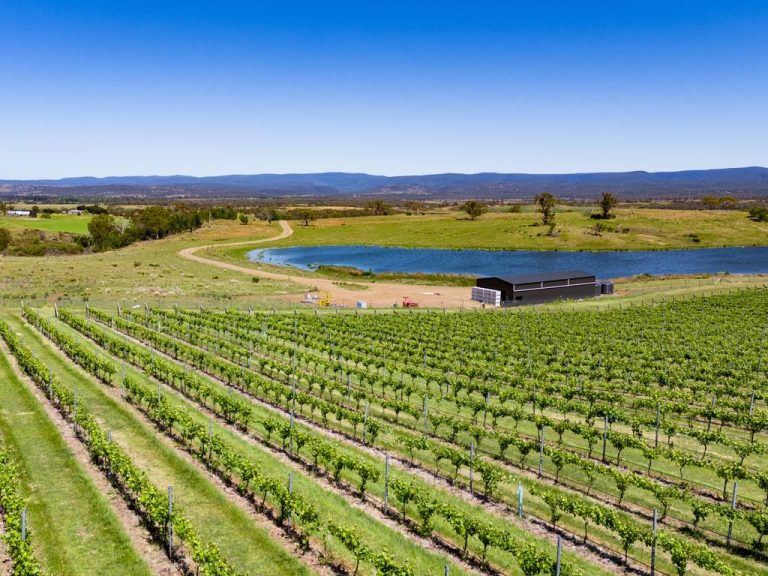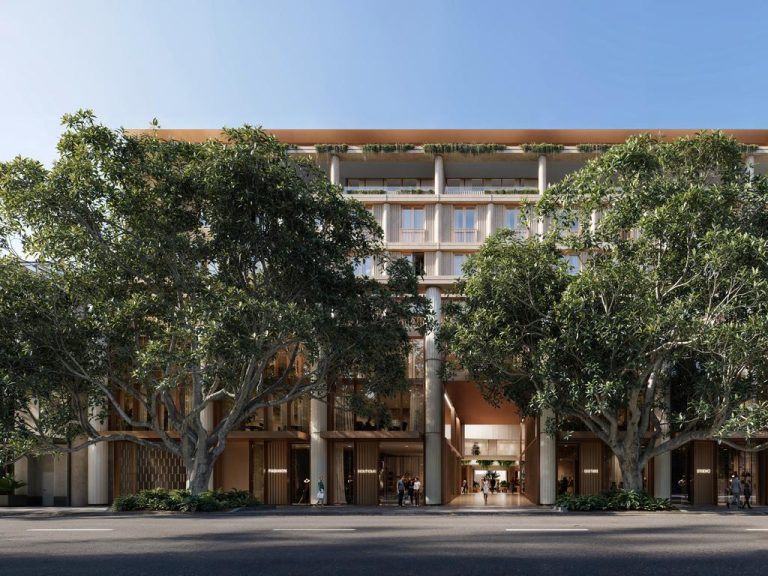Federal Election: What it means for commercial property

With the fate of Australia’s leadership hanging in the balance there are significant implications for our commercial property market, depending on how the votes fall in the coming days.
REA Group chief economist Nerida Conisbee addresses some of the key issues arising out of the 2016 Federal Election.
No one likes uncertainty
Markets don’t like shocks or uncertainty and the Australian property market is no exception. It has now been hit with three different forces. Globally, the shock of Brexit and the US election uncertainty are creating volatile financial market conditions. Closer to home, the possibility of a hung parliament in Australia is adding to this turmoil.
Less tax rate cuts under Labor
If a change of government were to occur in Australia, the biggest impact to the commercial property sector will be less generous company tax rate cuts. The Australian Labor Party supports the 27.5% rate for small businesses with turnover below $2 million, as per the Coalition’s 2016 Budget, but will not reduce the tax rate cut for all companies to 25% by 2026-27.
Tax rate cuts allow businesses to grow more effectively. This has positive implications for occupancy in the commercial property sector. Growing companies need more staff and therefore more office space. While the tax rate cut for small business is positive, the Labor policy will not benefit larger businesses who are also major employers.
Liberal win a helping hand for developers
Planned changes to industrial relations will also impact those who develop commercial property. The Coalition wants to re-establish the Howard government’s Australian Building and Construction Commission (ABCC), arguing it would crack down on lawlessness in the sector.
Labor and the unions are staunchly opposed to the ABCC, saying its coercive powers give construction workers fewer rights than accused criminals. Most developers are likely to be positive about the re-introduction of the ABCC as it will make it easier for them to settle disputes.
Australian market still a better bet
Brexit and election uncertainty in the US is more positive for commercial property owners. Australia competes directly with the US and UK for global capital and these three countries are generally in the top three destinations for offshore capital.
With what is happening in the US and UK, Australia is looking even more attractive. Although we have an uncertain outcome in Saturday’s election, we are still a high growth economy in a country with low sovereign risk and high transparency.
Although a change of government may be less positive for occupier markets, volatility will benefit property and Australia in particular.







